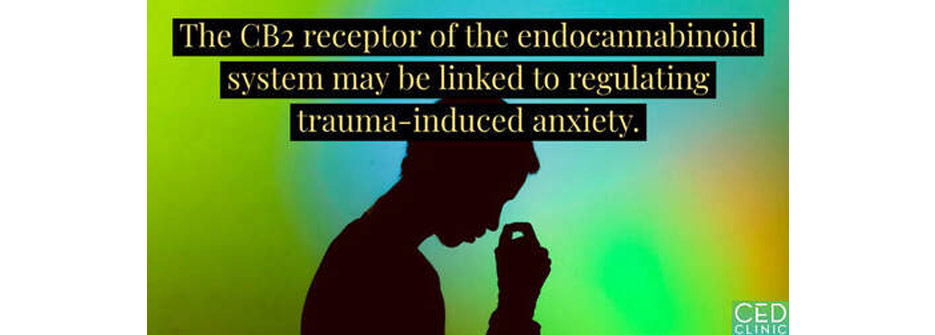Cannabinoid CB2 receptors mediate the anxiolytic-like effects of monoacylglycerol lipase inhibition in a rat model of predator-induced fear
In Summary
Researchers recently identified a signaling pathway in the endocannabinoid system that regulates long-lasting anxiety, a central symptom of post-traumatic stress disorder (PTSD). In particular, CB2 – one of the two main endocannabinoid receptors – mediates the response: its activation appears to have an anxiolytic (anxiety reducing) effect while its inhibition an anxiogenic (anxiety inducing) one.
A recent study provides several lines of evidence supporting this conclusion. In this study, male rats were exposed to TMT, a volatile chemical that is innately aversive to rodents, leading to a long-lasting anxiety-like state that captures the features of human PTSD. When a drug that elevates the amount of endocannabinoids in brain tissue and as a result, increases activation of the CB2 receptor, was administered to the rats, the TMT-induced enduring fear behaviors were suppressed. Meanwhile, when a drug that blocks the CB2 receptor and interferes with its function was administered, anxiety symptoms were persistent. In addition, following exposure to TMT, the level of CB2 receptors expressed in rat brains was elevated for a long period of time, suggesting that the brains may cope with fear and anxiety by relying on the endocannabinoid system.
In short, signalling at the endocannabinoid receptor CB2 represents an innate anti-stress mechanism activated by psychological trauma of the brain, and thus can serve as a potential target for drugs treating PTSD.

